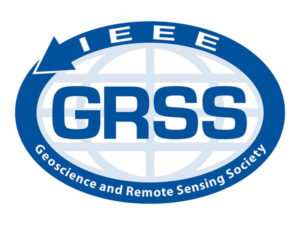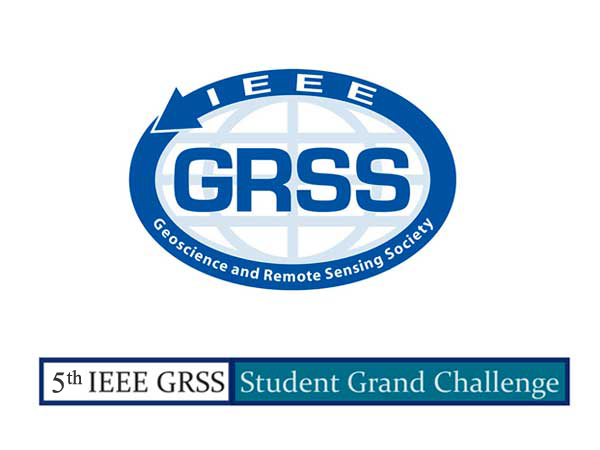
GRSS Special Stream on Foundation Models for Remote Sensing Applications
In recent years, foundation models have significantly advanced deep learning, especially in natural language processing, by capturing semantic relationships that improve performance across various domains. In remote sensing, foundation models offer a promising approach to handle the diverse data types resulting from different sensors, cloud coverage, or regional variations.
However, applying foundation models to remote sensing data presents challenges due to the distinct characteristics of satellite/aerial images, such as sensor-specific variations and the complexity of captured scenes. For instance, a foundation model trained with nature photography might perform adequately on optical remote sensing images but struggle with Synthetic Aperture Radar images. Moreover, the large size and computational demands of foundation models can be impractical for resource-constrained remote sensing applications. To address these challenges, the research community must explore the adaptability of existing models for remote sensing tasks and consider developing specialized models for this domain. Key considerations include defining training methodologies for remote sensing-specific models, identifying suitable datasets, and developing effective model distillation techniques tailored to the complexities of remote sensing data.
This IEEE GRSL Special Stream calls for applications of foundation models to the remote sensing domain. Possible topics include (but are not limited to):
- Remote sensing specific adaptation of foundation models.
- Parameter-efficient finetuning of foundation models for remote sensing data.
- Model distillation of foundation models.
- Continual learning in foundation models.
- Generative AI.
- New remote sensing and climate AI datasets for training of foundation models.
Guest Editors:
- Sudipan Saha, IIT Delhi, India
- Gemine Vivone, National Research Council, Italy
- Dário Oliveira, Getulio Vargas Foundation and IBM Research, Brazil
Schedule:
Submission starts: 1 December, 2024
Submission ends: 28 February, 2025
All submissions must be formatted using the IEEE standard format (double-column, single-spaced) typically 4-5 pages. Please use the following link to download the article template. All submissions will be peer-reviewed according to the GRSS guidelines. Submitted articles should not have been published or be under review elsewhere. Submit your manuscript to mc.manuscriptcentral.com/grsl, using the Manuscript Central interface, and select our specific stream. Accepted papers are subject to GRSL’s usual publication charges.



























